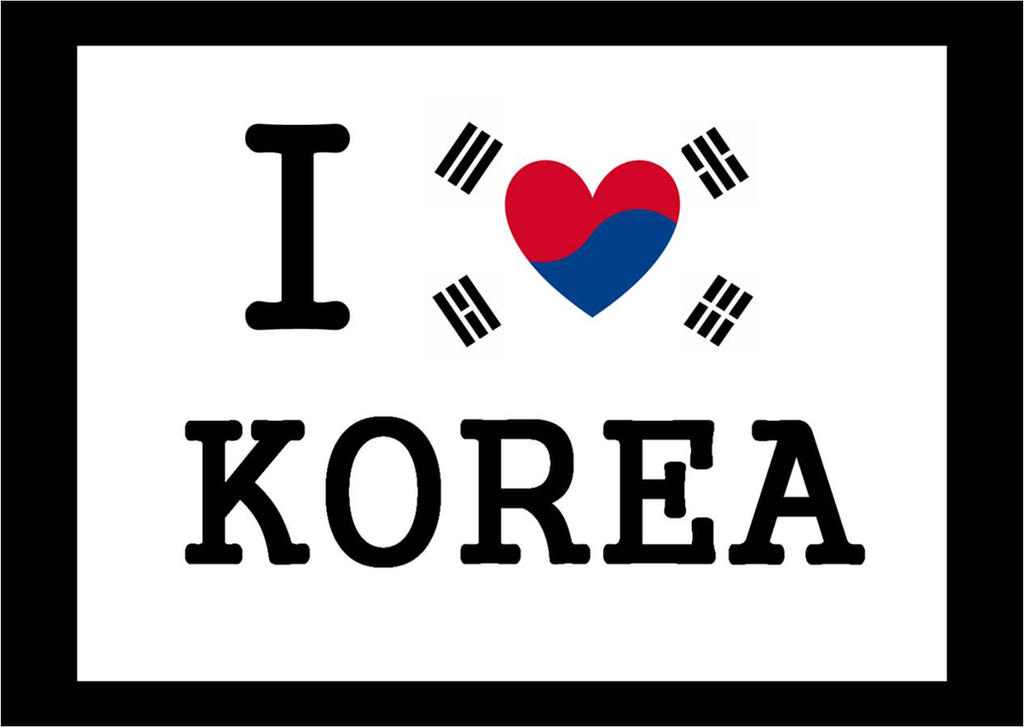Lesson 8 - More on Grammar
LET'S LEARN BASICS OF KOREAN LANGUAGE!
-hamnida and -jiman
In Korean, it is possible to add polite endings to verbs, for example, shillye hamnida (excuse me), which is comprised of the verb stem shille ha-, and the verb ending hamnida (note this is the formal style).
There is also the verb and stem, shillye-jiman (I'm sorry but....) which is a abbreviation of the verb and stem shillye ha-jiman , containing the ending -jiman which means but.
Asking a person
In Korean, there is a special verb which may be used in the event where you want to ask someone if they are someone.....for example "Are you Mr Han".
We would use -iseyo, and simply add this to the end of a phrase.
Han songsaengnim-iseyo? ( Are you Mr Han?)
Hangungmal songsaengnim-iseyo? (Are you the Korean Teacher?)
Subjects and topics of Korean sentences
In Korean, we attach -i to the end of nouns which end with consonants, or attach -ga to the end of nouns which end in a vowel. By doing this, it is possible to give emphasis, on subjects in sentences.
For example, songsaenim-i ( teacher ) or maekju-ga (beer) give emphasis on each of these subjects in a sentence.
For a sentence , "The man kissed the dog", the subject in this case would be The man.
On the other hand, when a subject is mentioned for the first time, the subject particle is used, but later on in a conversation, this is switched back to the topic particle.
The topic particle, is similar to that of the english "As for", and is best used in order to compare two things.
For example, as for me ( na-neun ), I love shopping
as for mum (ma-neun), she hates it.
_________________________________________________________________________________
Comments